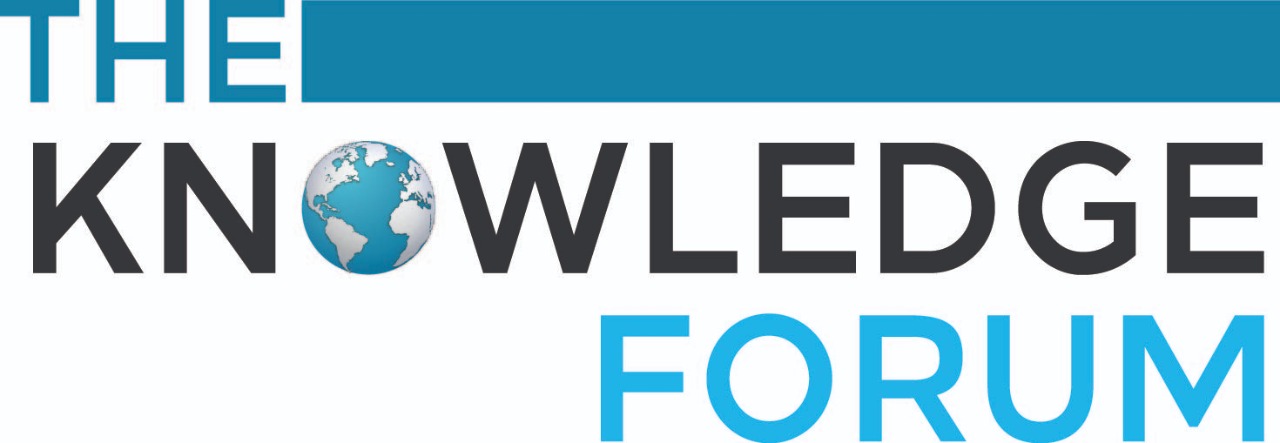Pakistan Bulletin
An up-to-date and informed analyses of key issues of Pakistan.
Resurgence of Terrorism in Pakistan
September 2023
Terrorism is essentially a political problem and requires a political response: administrative arrangements including policing alongside socioeconomic development. The recent upsurge in terrorism has pushed Pakistan to revisit its policy options because military action alone would be a short-lived achievement. The writer explains as how the resurgence of terrorism in Pakistan is linked back to geopolitics and the country’s policy implications.
The elimination of terrorism is a long-term process, yet, it requires the state to consider people and their representatives as allies against terrorism. Political ownership of development interventions will achieve the objective of isolating terrorists. Nevertheless, it needs to be understood that terrorism will be eliminated through the political and economic empowerment of people.
Pakistan closed the Torkham border crossing for more than a week in September as well as has started a police campaign against Afghan refugees. There have also been reports of targeting of TTP personnel through drones inside Afghanistan. Along with such measures, diplomatic channels have been kept open aiming at convincing TTA to act against TTP. To date, nothing much has come out of it. Closure of borders or targeting Afghan refugees hurts ordinary Afghans rather than the Taliban, which furthers the negative perceptions of Pakistan, thus hurting Pakistan’s need to have a friendly neighbour. It also damages the economic interaction between the two neighbours, which needs to increase to create vested interests on both sides for peaceful relations.
TTP continues its terrorist activities mostly in Khyber Pakhtunkhwa and Balochistan on an almost daily basis, gradually expanding its area of operations. TTP claimed a few days back, an attack on police in Mianwali district of Punjab. It has declared Punjab as its 12th province, appointing a shadow governor for it.
Prof. Ijaz Khan
Author
The author is the former Head of Department and Professor at, Department of International Relations, University of Peshawar.

Get the latest news and updates from our team
